European leaders have made fresh efforts to pin down Donald Trump on the level of support he is willing to give Ukraine to fight against Russia, and asked him to detail the security guarantees he would provide to any European peacekeeping force inside Ukraine in the event of a lasting ceasefire.
European leaders spoke with Trump by video call on Thursday after first holding a meeting of the so-called “coalition of the willing” in Paris, co-chaired by Emmanuel Macron and Keir Starmer.
The precise commitments made by European states to the coalition of the willing are largely complete but in part depend on the extent to which the US will specify the aid it is willing to give in terms of intelligence, air support and funding.
Many European countries including Germany, Spain and Italy have refused so far to provide troop commitments. A German spokesperson said: “The focus should be on financing, arming and training the Ukrainian armed forces,” a formula that is not vastly different from what Europe is now providing.
Alarmed European leaders travelled to the White House in the wake of the August Alaska summit between Trump and Vladimir Putin fearing that the US president may be about to force Volodymyr Zelenskyy into a humiliating surrender, including loss of territory.
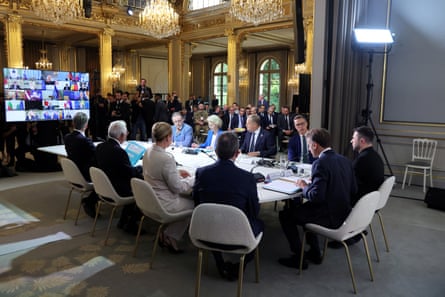
Trump responded to the European lobbying by claiming he had won the Russian leader’s agreement to hold direct talks with the Ukrainian president, but Russia rejected any such commitment and largely maintained its demand for the surrender of Ukrainian territory and a commitment that Ukraine will never join Nato.
Trump had set a deadline of 1 September for a meeting between Putin and Zelenskyy, but Trump is known to set deadlines that he then ignores. “We had a great relationship,” Trump said of Putin in an interview with the rightwing news website The Daily Caller. He said he was now very disappointed in the Russian president: “Thousands of people are dying; it’s a senseless war.”
Europe has been desperate to ensure Trump does not wash his hands of the war, but it has been unable to convert Trump’s stated frustration with Putin into a plan to try to strangle the Russian economy.
Macron in Paris sought to give the impression that Europe, unlike Russia, stuck to its commitments. He said: “The contributions that were prepared, documented and confirmed at the level of defence ministers under the strictest secrecy allow us to say: this work is complete and will now be politically approved.”
Europe has been hoping for months that Trump would activate long-promised sweeping economic sanctions on countries that import Russian oil. The 50% tariffs that the US imposed on India, partly for importing Russian oil, appear to have driven the traditionally non-aligned Narendra Modi, the Indian prime minister, closer into the arms of China and Russia.
Stung by his diplomatic failure so far, Trump has given the impression of wanting to focus on domestic policy, including crime and the economy.
The US was represented at the Paris talks by Trump’s special envoy, Steve Witkoff, who also met Zelenskyy separately.
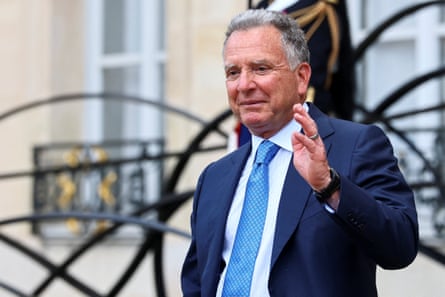
After the summit, Starmer’s office said it was necessary “to go even further to apply pressure on Putin to secure a cessation of hostilities.”
“The prime minister said Putin could not be trusted as he continued to delay peace talks and simultaneously carry out egregious attacks on Ukraine,” No 10 added.
Russia has said it will not tolerate European troops in postwar Ukraine.
after newsletter promotion
The coalition of the willing includes about 30 nations backing Ukraine, mainly European but also Canada, Australia and Japan. It has met repeatedly at military and political level but not published any detailed plan of action, reflecting internal divisions and uncertainty about the nature of the US contribution.
In a breakthrough of sorts, the plan for Europeans to buy US arms for use in Ukraine has started to bear fruit. On 28 August, the US state department announced the delivery of 3,350 ERAM long-range cruise missiles to Ukraine, worth $825m (£615m, €705m).
The funding came from Denmark, the Netherlands, Norway and the US, but the financial contribution of each country was not disclosed. The ERAM missiles have a range similar to that of the Franco-British Scalp-EG missiles, which Ukraine fired at occupied Crimea and the Russian region of Kursk.
Zelenskyy said he had not seen “any signs from Russia that they want to end the war”.
The Nato secretary general, Mark Rutte, said it was not for Putin to decide if European troops would be stationed inside Ukraine. He said: “I think we really have to stop making Putin too powerful.”
The German chancellor, Friedrich Merz, described Putin as the most severe war criminal of our time.
On Wednesday in Beijing, Putin attended a military parade alongside Xi Jinping and hailed Russian forces’ progress in Ukraine, saying troops were advancing on “all fronts”.
But there are signs that sanctions are finally taking a toll on the Russian economy after two years of high growth fuelled by defence spending. The Sberbank chief, German Gref, one of Russia’s most powerful bankers, warned on Thursday that the economy was stagnating and that unless the central bank cut interest rates then the country would fall into recession.
Russia’s war economy grew at 4.1% in 2023 and 4.3% in 2024 but it is slowing sharply under the weight of high interest rates required to dampen inflation.

 German (DE)
German (DE)  English (US)
English (US)  Spanish (ES)
Spanish (ES)  French (FR)
French (FR)  Hindi (IN)
Hindi (IN)  Italian (IT)
Italian (IT)  Russian (RU)
Russian (RU)  3 hours ago
3 hours ago



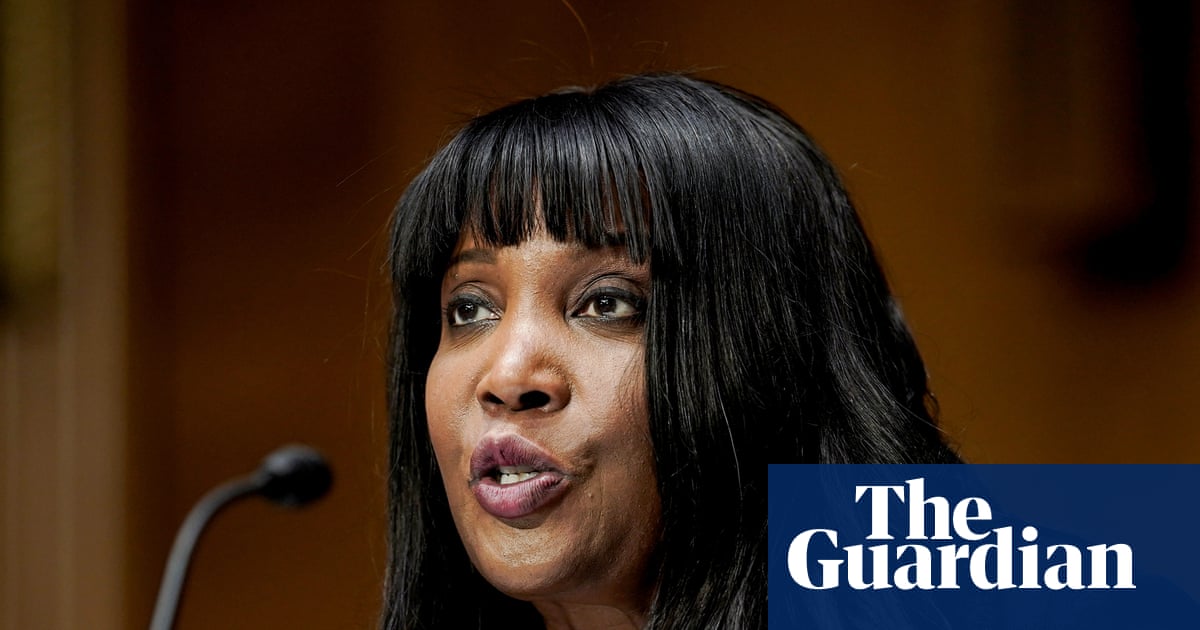
















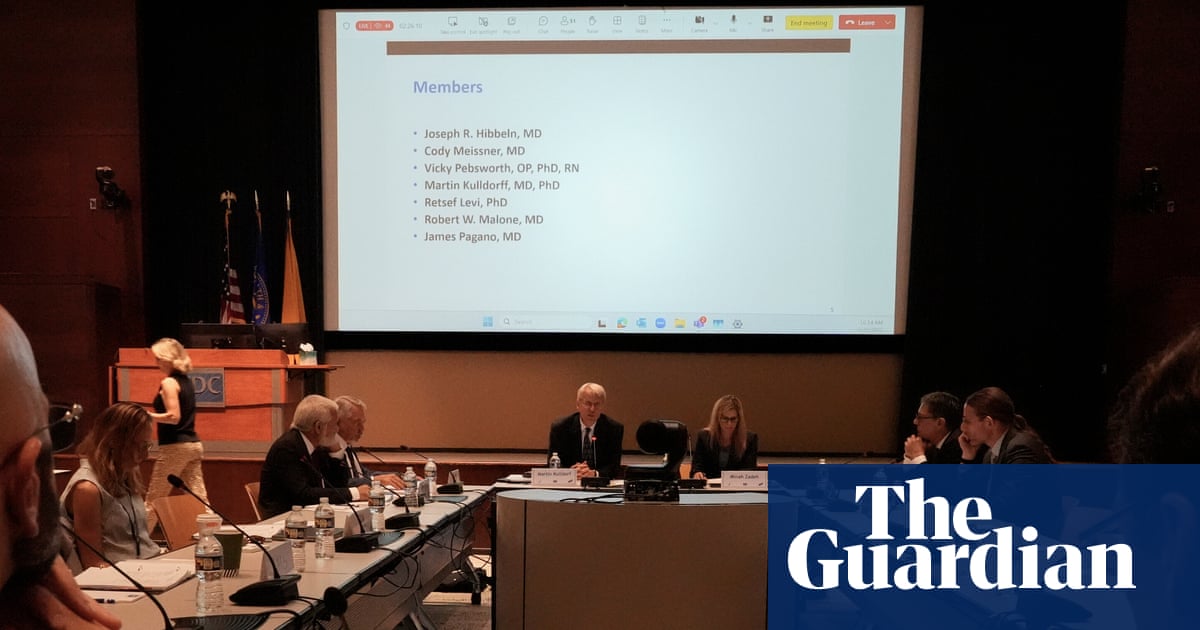
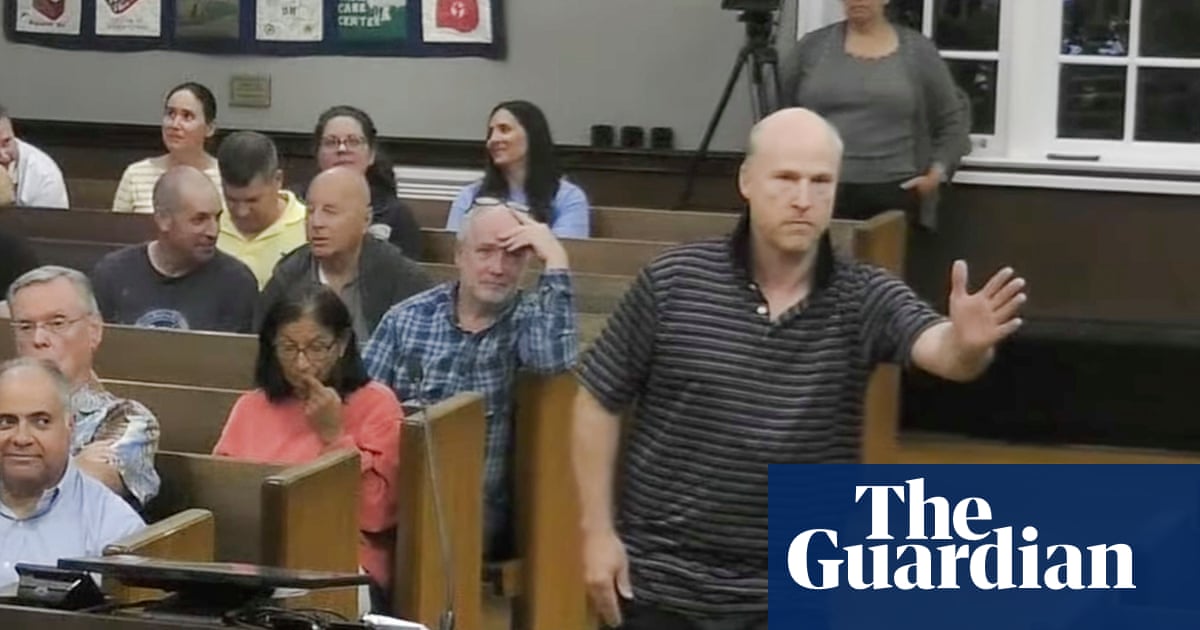


Comments